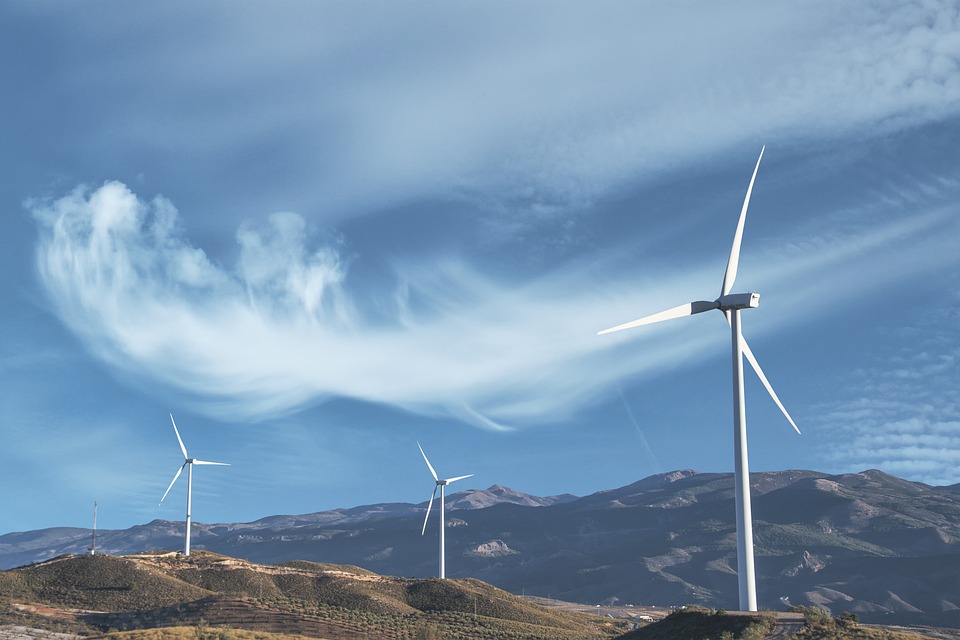Nuclear Energy and Global Politics
Nuclear energy has long been a topic of discussion in global politics, with countries around the world grappling with the decision of whether to embrace nuclear power as a source of energy. While nuclear energy has the potential to provide a significant amount of clean energy, it also comes with a host of political implications that cannot be ignored. From international cooperation to conflict, the role of nuclear energy in global politics is complex and multifaceted.
International Cooperation
One of the key aspects of nuclear energy in global politics is the potential for international cooperation. Many countries around the world have come together to form partnerships aimed at advancing nuclear energy technologies and promoting the peaceful use of nuclear power. Organizations such as the International Atomic Energy Agency (IAEA) work to ensure that nuclear energy is used safely and responsibly, and to prevent the spread of nuclear weapons.
International cooperation in the nuclear energy sector has the potential to help address some of the world’s most pressing challenges, such as climate change and energy security. By working together, countries can develop new technologies, share resources, and build a more sustainable energy future. Additionally, cooperation in the nuclear energy sector can help to build trust and strengthen diplomatic relations between countries, fostering a more peaceful and stable international community.
Conflict
Despite the potential for international cooperation, nuclear energy also has the potential to create conflict in global politics. One of the biggest concerns surrounding nuclear energy is the risk of nuclear proliferation, or the spread of nuclear weapons to additional countries. As more countries develop nuclear energy programs, there is a growing concern that these technologies could be used to develop nuclear weapons, leading to an escalation of tensions and potentially even nuclear conflict.
Nuclear energy can also create conflict through the competition for resources and influence. Countries with significant nuclear energy capabilities may seek to leverage this power to assert their dominance on the world stage, leading to geopolitical tensions and competition for control over key resources. Additionally, the disposal of nuclear waste and the potential for accidents or meltdowns can create environmental and health risks that can lead to conflict between countries and communities.
Case Study: Iran
One of the most high-profile examples of the intersection of nuclear energy and global politics is the case of Iran. Iran has long been the subject of international scrutiny due to its nuclear energy program, which many countries believe is a cover for the development of nuclear weapons. The United States and other countries have imposed sanctions on Iran in an effort to curb its nuclear ambitions, leading to tensions and conflict in the region.
Despite these challenges, there have been efforts to engage in diplomacy and find a peaceful resolution to the Iran nuclear issue. The Joint Comprehensive Plan of Action (JCPOA), also known as the Iran nuclear deal, was negotiated in 2015 with the goal of limiting Iran’s nuclear activities in exchange for sanctions relief. While the JCPOA represented a significant diplomatic achievement, tensions have continued to simmer, highlighting the complexities of nuclear energy in global politics.
The Future of Nuclear Energy and Global Politics
As the world continues to grapple with the challenges of climate change and energy security, the role of nuclear energy in global politics is likely to remain a key issue for years to come. While nuclear energy has the potential to provide a significant amount of clean energy, it also comes with a host of political implications that must be carefully managed. International cooperation will be essential in promoting the peaceful use of nuclear energy and preventing the spread of nuclear weapons, while efforts to address the risks and challenges associated with nuclear energy will be crucial in minimizing conflict and promoting stability in the international community.
Ultimately, the future of nuclear energy in global politics will depend on the ability of countries to work together to address the complex challenges and opportunities that nuclear energy presents. By finding common ground and working towards shared goals, countries can harness the potential of nuclear energy to build a cleaner, more sustainable energy future for all.
